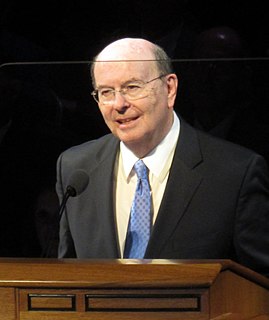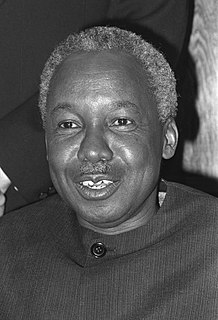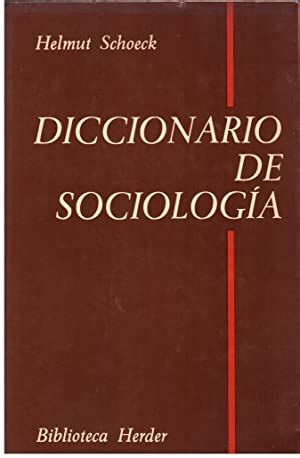A Quote by Olga Tokarczuk
I dream of Poland becoming a modern society that is defined not by the crippling nature of history, but by our individual achievements, a sense of our own self-worth and ideas for the future.
Related Quotes
Stressing the practice of living purposefully as essential to fully realized self-esteem is not equivalent to measuring an individual's worth by his or her external achievements. We admire achievements-in ourselves and others-and it is natural and appropriate for us to do so. But that is not the same thing as saying that our achievements are the measure or grounds of our self-esteem. The root of our self-esteem is not our achievements but those internally generated practices that, among other things, make it possible for us to achieve.
Manliness has been defined as assertion of the self. Womanliness has been defined as the nurturing of selves other than our own - even if we quite lose our own in the process. (Women are supposed to find in this loss their true fulfillment.) But every individual person is born both to assert herself or himself and to act out a sympathy for others trying to find themselves - in Christian terms, meant to love one's self as one loves others ... Jesus never taught that we should split up that commandment - assigning 'love yourself' to men, 'love others' to women. But society has tried to.
No individual can be in full control of his fate-our strengths come significantly from our history, our experiences largely from the vagaries of chance. But by seizing the opportunity to leverage and frame these experiences, we gain agency over them. And this heightened agency, in turn, places us in a stronger position to deal with future experiences, even as it may alter our own sense of strengths and possibilities.
There are a lot of voices inside of us. We have the voices of our parents, our grandparents, our society, our bosses, our own should's and shouldn'ts, and our self-worth is in us, controlling us a lot. When we can get past all of those, and get to the deep, core part of us, there's a voice within our soul that I believe is connected to our Divine or Higher Self. That voice within is there to guide us through all aspects of our lives.
Heroes are necessary in order to enable the citizens to find their own ideals, courage and wisdom in the society. The hero carries our hopes, our aspirations, our ideals, our beliefs. In the deepest sense the hero is created by us; he or she is born collectively as our own myth. This is what makes heroism so important: it reflects our own sense of identity and from this our own heroism is molded.
Having come into contact with a civilization which has over-emphasized the freedom of the individual, we are in fact faced with one of the big problems of Africa in the modern world. Our problem is just this: how to get the benefits of European society - benefits that have been brought about by an organization based upon the individual - and yet retain African's own structure of society in which the individual is a member of a kind of fellowship.
If one looks at all closely at the middle of our own century, the events that occupy us, our customs, our achievements and even our topics of conversation, it is difficult not to see that a very remarkable change in several respects has come into our ideas; a change which, by its rapidity, seems to us to foreshadow another still greater. Time alone will tell the aim, the nature and limits of this revolution, whose inconveniences and advantages our posterity will recognize better than we can.
Man is by nature a social animal; an individual who is unsocial naturally and not accidentally is either beneath our notice or more than human. Society is something that precedes the individual. Anyone who either cannot lead the common life or is so self-sufficient as not to need to, and therefore does not partake of society, is either a beast or a god.
Emotional dependence is the opposite of emotional strength. It means needing to have others to survive, wanting others to "do it for us," and depending on others to give us our self-image, make our decisions, and take care of us financially. When we are emotionally dependent, we look to others for our happiness, our concept of "self," and our emotional well-being. Such vulnerability necessitates a search for and dependence on outer support for a sense of our own worth.






































